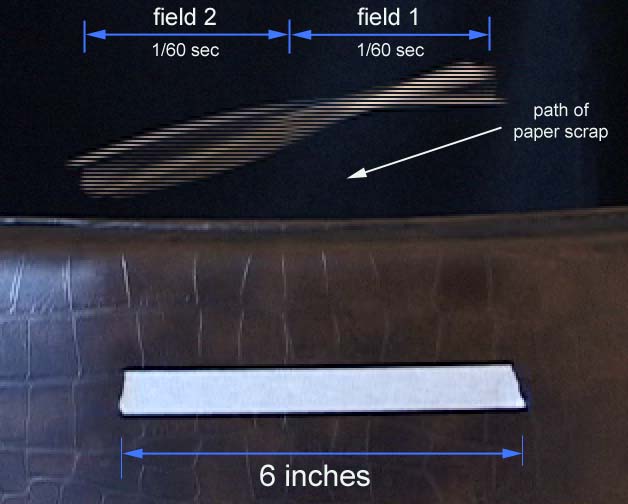
(The chair is a relic from the 70's, in fake-leather-textured
vinyl. No animals were harmed during this experiment.)
If you are interested in measurements on fans, you might
also enjoy
this page
.
Back
to windscreen page.